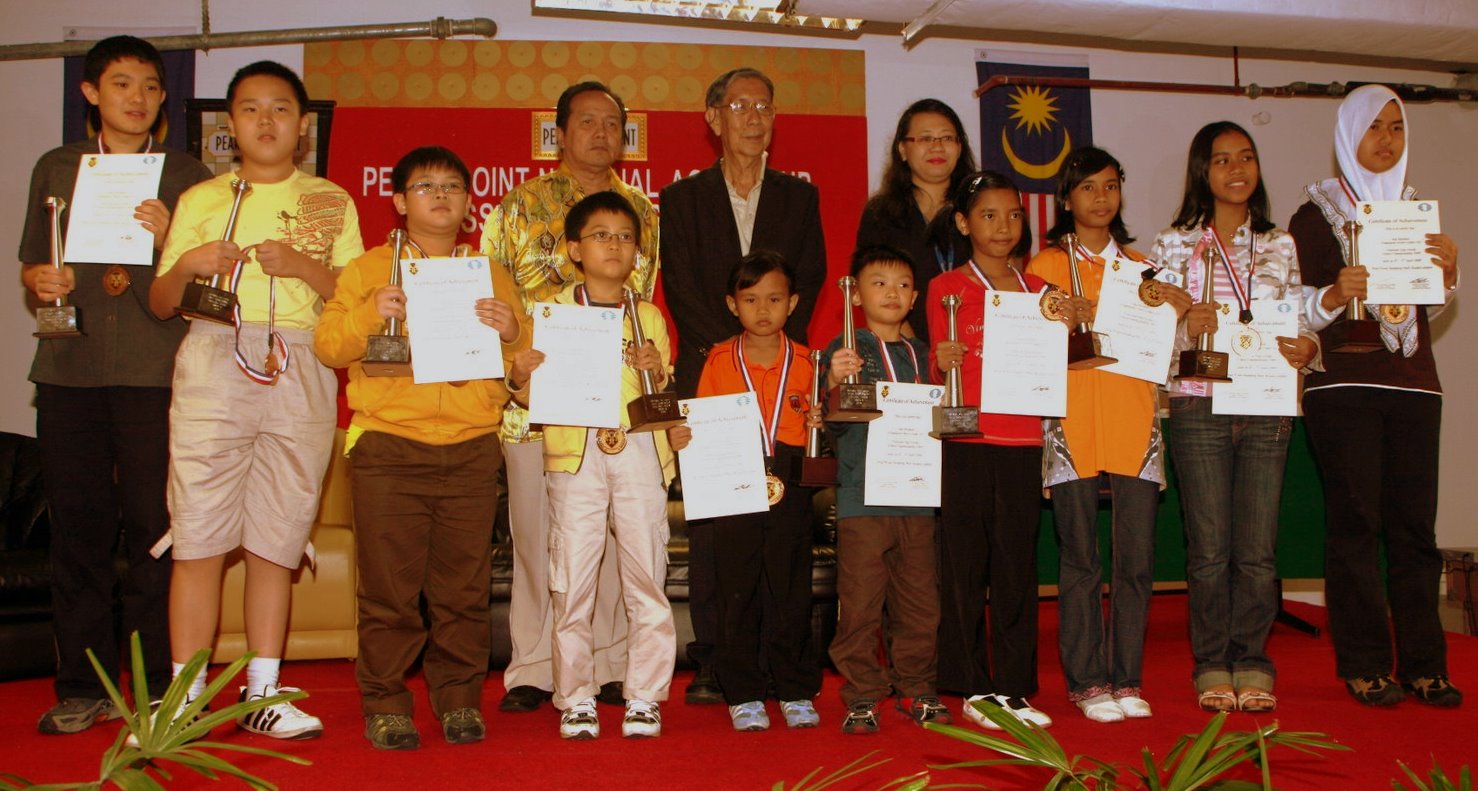
IT’S A popular belief that chess players have lots of patience. And that chess players spend a lot of time sitting still at the table, staring at the static chess pieces.
Yes, it’s true. However, we can also be quite animated. We can go from open-eyed meditation to a state of high-tension agitation, and vice-versa.
Young children are different. Most of them are impatient, with a shorter attention span; it’s almost impossible to get them to sit still at the chessboard for long. They are in a state of perpetual motion – fidgeting or looking all around them.
That’s why I take my hat off to the Malaysian Chess Federation (MCF) for successfully holding another annual national age-group chess championship. They did a great job in handling the participants. The older boys and girls were generally already well exposed to competitive chess and thus were more responsible players, but the young kids – those 12 years old and below – required the officials and arbiters to give them more attention.
This year, the national age-group chess championships attracted some 468 players, with the most entries received in the under-14, under-12 and under-10 age groups.
As an observer, I view this as a very positive development. The interest is there among the young. Parents are willing to let their kids learn the game and give them the exposure to competitive play from a very young age. But there must be constant guidance from the chess associations – not just the MCF but also their respective chess associations back home – or else all this potential will be wasted.
Through proper guidance, I’m sure the majority of the 55 young boys and girls in the under-8 events will progress to the under-10 events in one or two years’ time. In the same way, proper guidance will see the present batch of 102 under-10 players move upwards to take part in the future under-12 events. And so on.
The most senior groups of under-16 boys and girls would come under the most intense scrutiny. By this time next year, many of them would be over-aged and no longer eligible to play, having graduated from the age-group events to challenge even older players in the open events. But then, many of our youngsters are already doing that.
